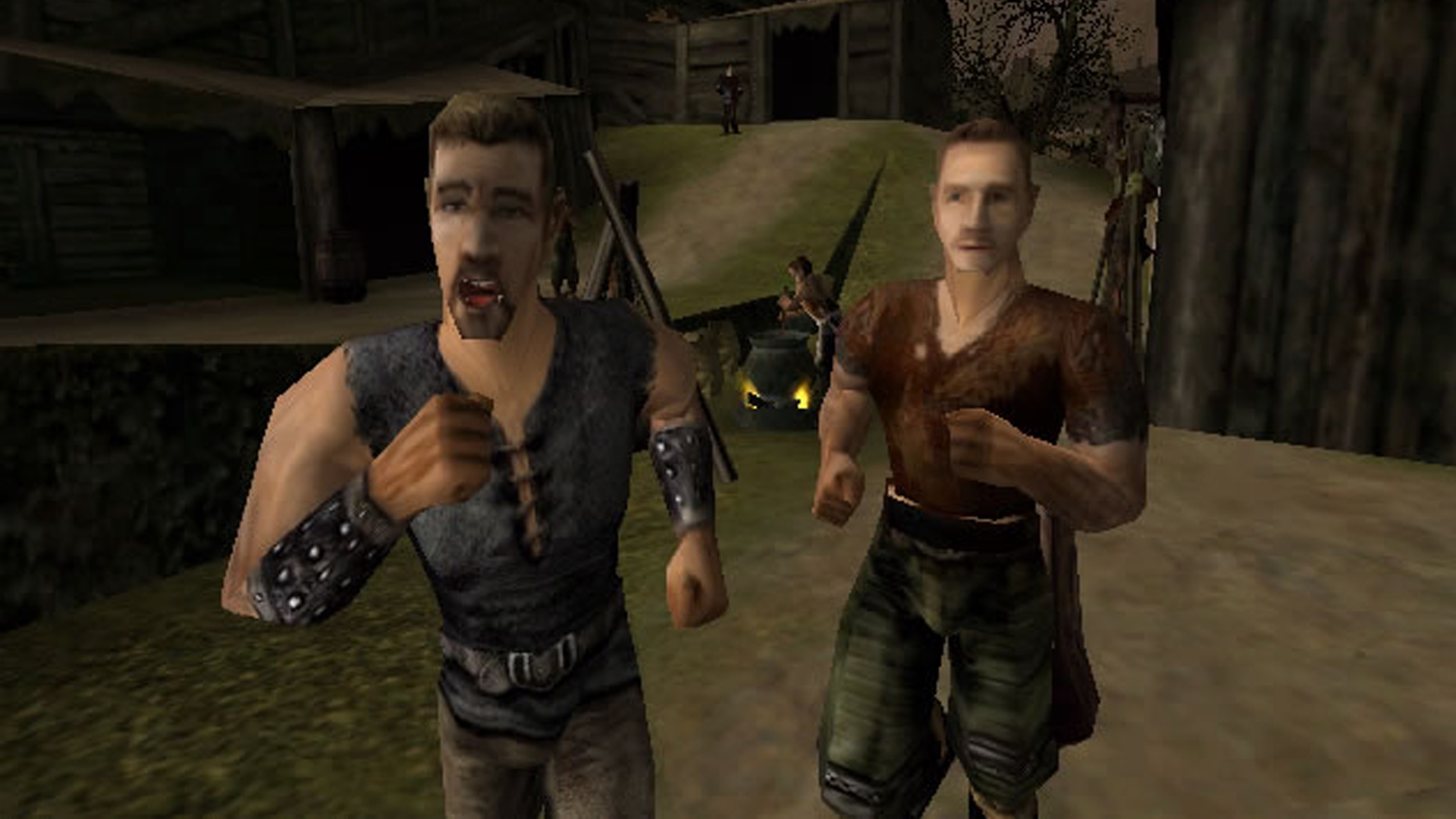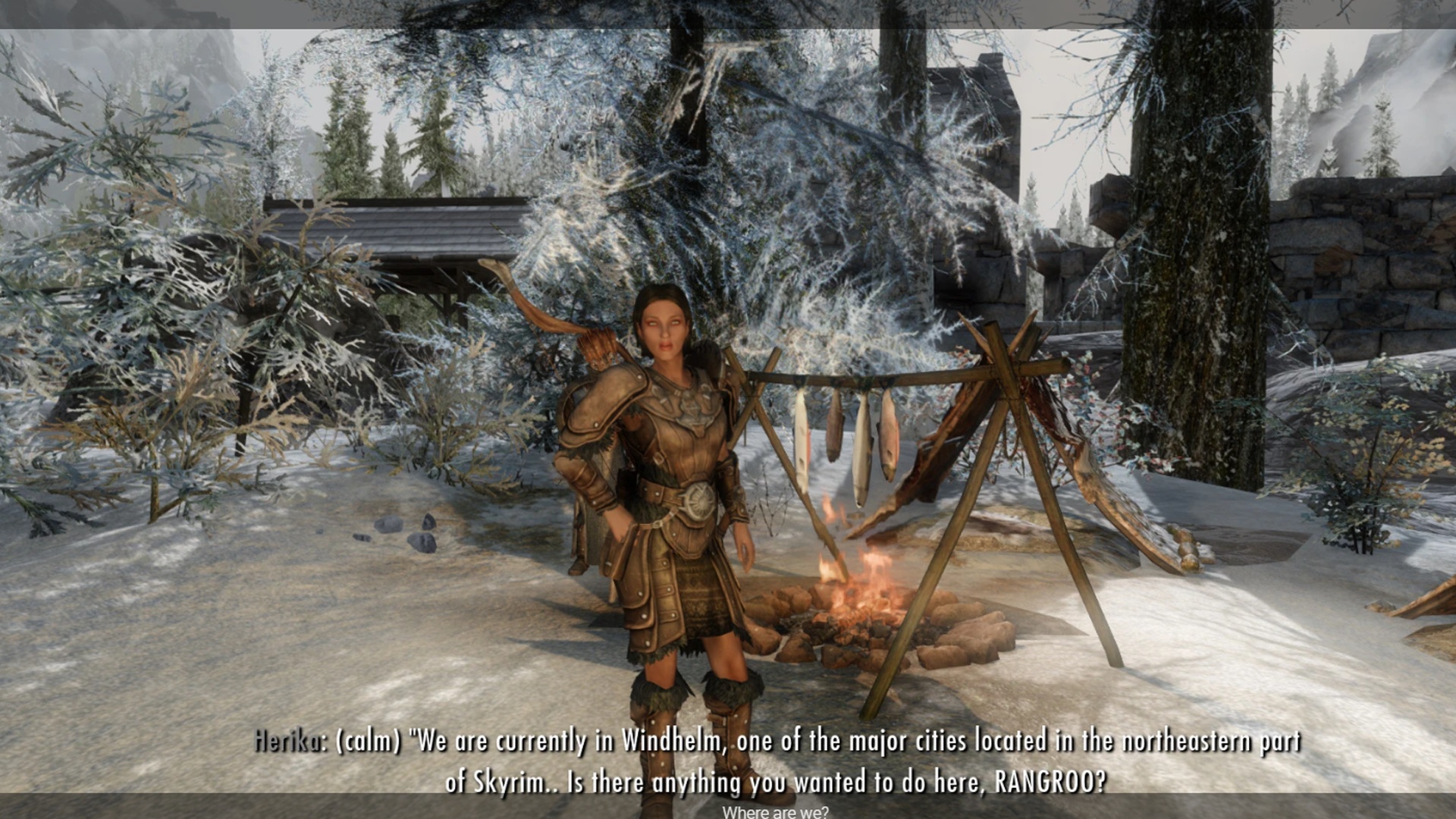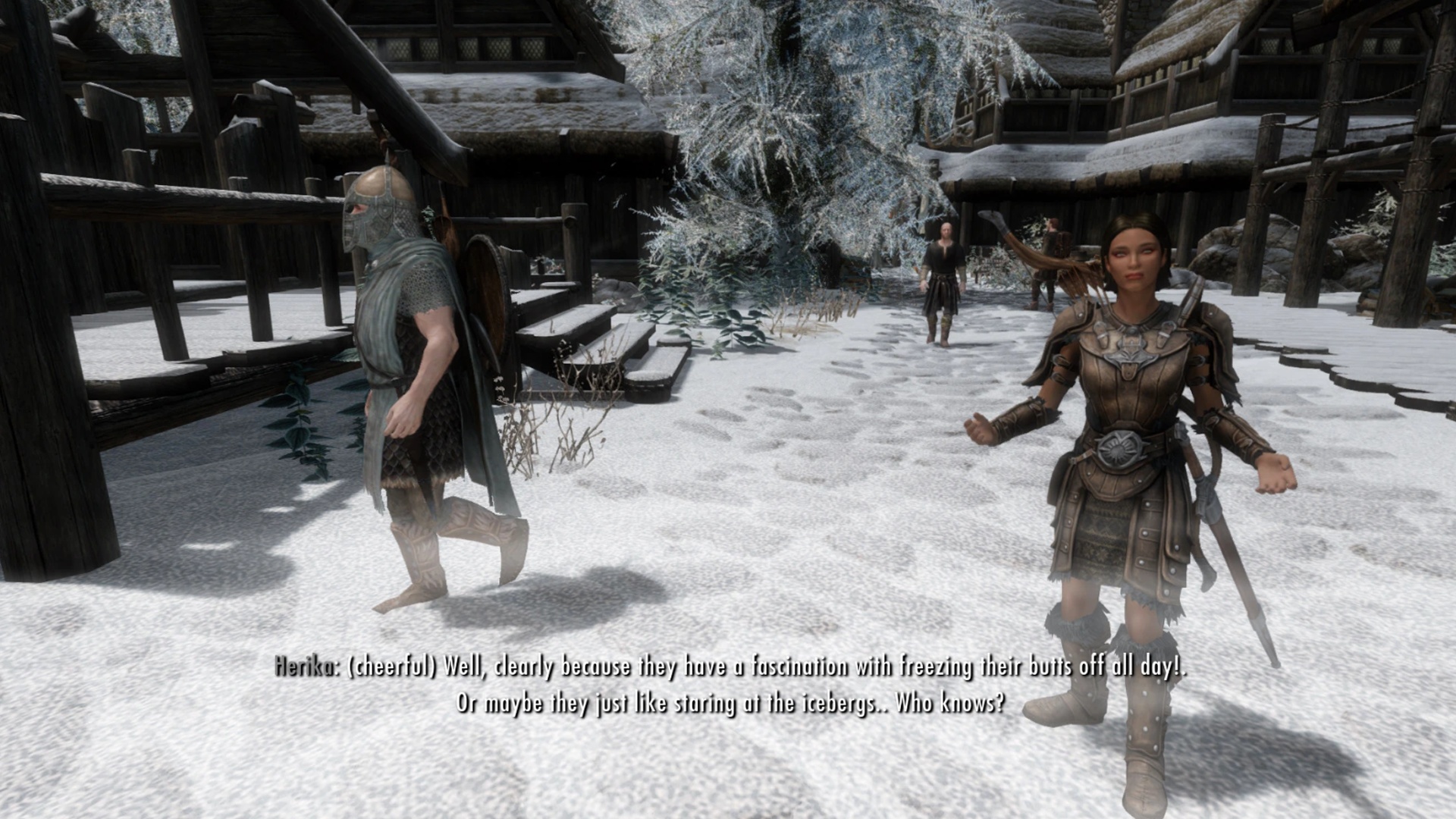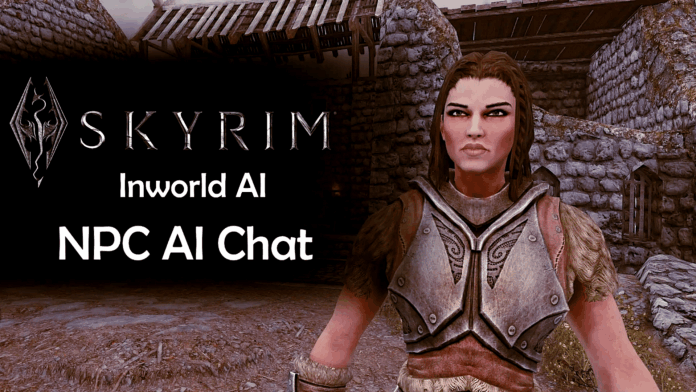GPT, Neuroflash, Google Bard, Claude: How are language models already changing gaming? And how will they improve immersion in the future?
Undeniable: NPCs are a core element in computer games if good immersion for players is to succeed.
Whether it’s the loyal companion Garrus from Mass Effect, the iconic merchants from Resident Evil 4, or the annoying Mud from the classic role-playing game Gothic, NPCs ensure that the game world is enriched with that crucial knife-edge of believability.
But how does this relate to the artificial intelligence around GPT and consorts?
Now, for months, the language model developed by researchers at OpenAI GPT (Generative Pre-trained Transformer), respectively the attached chatbot ChatGPT, has been making headlines – inspiring future dreams and fears alike.
Where does the potential of GPT and Co. now lie, to stomp better NPCs out of the virtual ground than ever before in computer game history?
Previous limitations of NPCs in PC games
The creation of NPCs before the breakthrough with AI-driven language models was a costly time factor. Small-scale developers have to create characters, come up with dialog trees and context-sensitive response.

This task will not be completely eliminated thanks to intelligent language models, but it will change fundamentally – even now. Simply put, NPCs, supported with AI, will be created like the following.
- Analysis: Existing NPCs will be analyzed using a language model. This lays the foundation for what kind of personality the character has, respectively what peculiarities he displays when speaking. The language model requires specific information about how the NPC should be designed.
- Imitation: Now the language model is used to imitate the diction of the NPC. Anyone who has ever typed commands like “Write me an instruction manual for a vacuum cleaner in the tone of Thorsten Sträter” or “Write me exciting directions in the style of Stephen King” into ChatGPT’s request will be familiar with this approach.
Ubisoft is reportedly already working with a program called Ghostwriter to create dialog for NPCs.
The special feature of characters generated with GPT and similar language models: With their speech contributions, the NPCs react context-sensitively to your behavior – and also co-textsensitively. That’s because the language model responds not only to your actions performed in the game, but also to how you behave verbally in the game world.
This affects not only what you say, but how you say it. In other words, in which direction your speech is emotionally charged, whether your tone is friendly, angry, or sad. True to the proverb: As you shout into the forest, so it echoes out again.
Impressive examples of this are two recent mods for the role-playing game The Elder Scrolls V: Skyrim, which we now present to you.
Flawed, but ingenious: GPT companion for Skyrim
An example of how language models are currently fueling the world of modding is the role-playing game The Elder Scrolls V: Skyrim. Two such models that put GPT into a companion that accompanies you through the game world are called (Mantella) and (Herika).

By means of Mantella “you bring every NPC to life”, as it says in the description. Beyond that the special: Thanks to Speech-to-Text, even relatively quietly spoken contributions on your part are understood by the voice model – and end up, so to speak, in the virtual ear of the AI comrade-in-arms.
It also promotes immersion: Thanks to Mantella, your GPT companion can fall back on parts of previous conversations, is informed about events in the game world beyond that, and incorporates them into their speech.
However, not everything that says “GPT” or “Artificial Intelligence” is flawless: With Mantella, you sometimes wait several seconds until the companion reacts to your speech. And the companion’s voice sounds tinny or robot-like.
A similar example is Herika. This mod provides you with a companion of the same name. The description says that Herika is basically like “a second player”.
Special Herika shows which additional comfort functions are possible with AI-enhanced NPCs. On request, Herika will summarize notes, books or other documents lying around in the game world. You can also give Herika commands like “Attack this bandit!” or, less militantly, “Sit on this chair!”

Breaks in the immersion, however, are caused by present references that Herika likes to make from time to time. For example, she may comment on an adventurous foray through a dungeon with “This isn’t an amusement park” – even though, of course, in the fantasy world of Elder Scrolls, such recreational facilities don’t exist. Herika also finds an appropriate answer to the question of which is her favorite Pokémon.
As with Mantella, Herika and her answers are subject to latency. So it can take five to ten seconds until you get an answer to a question.
So, the presence to GPT fellows is exciting, but far from perfect.
These are just two examples from the modding scene of how GPT and consorts are showing possibility of what NPC will be up to now and in the future. It’s interesting to look at what advances GPT-4 will bring to computer game development.
In addition to better texts, for example, contextual memory works better when jumping from GPT-3.5 to GPT-4 language model.
It remains to be seen how these developments will further enhance immersion in virtual worlds.
In-depth reading recommendation on GPT: What is ChatGPT? How the powerful AI tool works
What do you think? Do upcoming developments in GPT, Neuroflash & Co. have the potential to make the gaming experience even more immersive? Will this create a unique experience for each player? Or do you fear that the automatically generated responses and reactions will ultimately become as lifeless and arbitrary as automatically generated game worlds? Feel free to write us your opinion on this in the comments.


